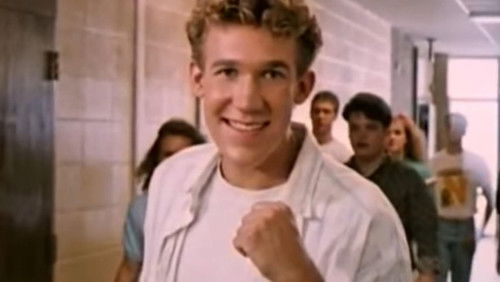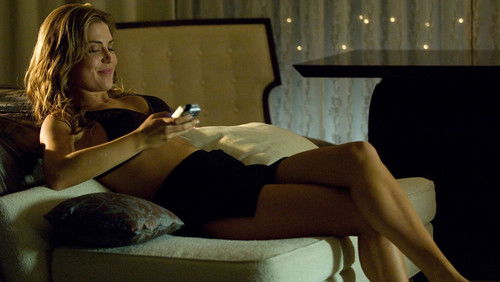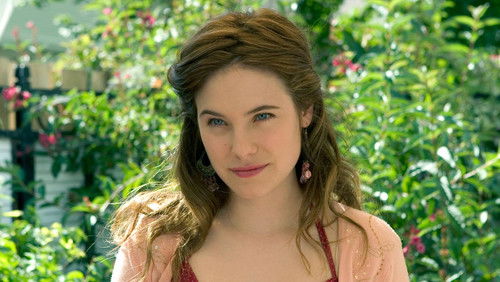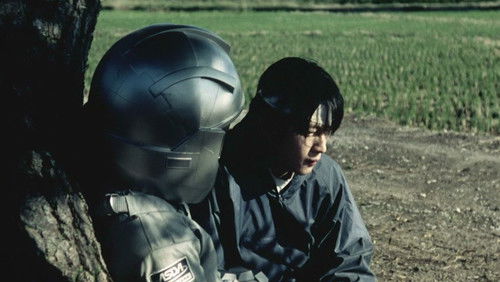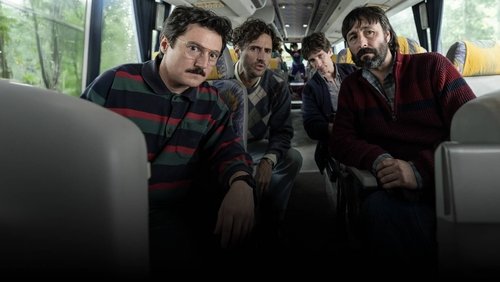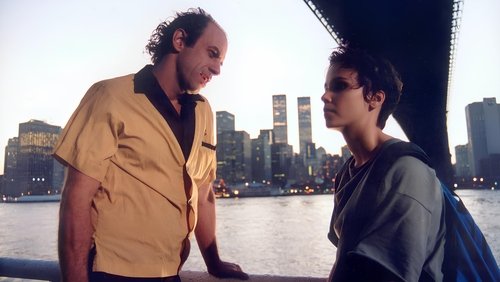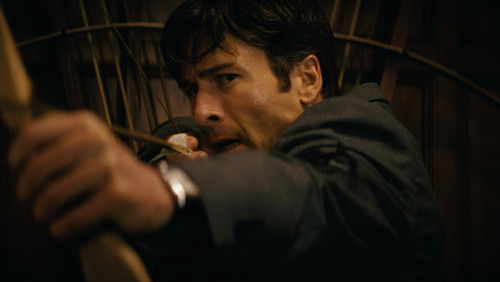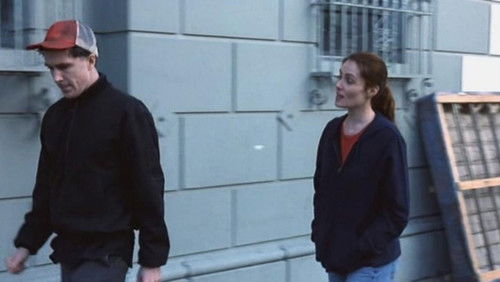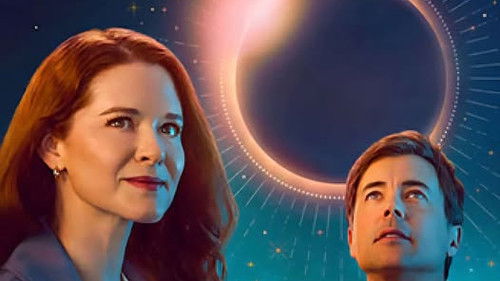Jenseits von Afrika (1985)
66KJenseits von Afrika: Directed by Sydney Pollack. With Meryl Streep, Robert Redford, Klaus Maria Brandauer, Michael Kitchen. In 20th-century colonial Kenya, a Danish baroness/plantation owner has a passionate love affair with a free-spirited big-game hunter.
“This is an overlong film derived from Isak Dinesenu0026#39;s memoirs of running a coffee plantation in Kenya in the early years of the twentieth century. The book is a different kettle of fish altogether, but I wonu0026#39;t go into that. Sydney Pollock does a fine job of directing here, but in a way the movie is almost overproduced. There was, it seems, so much time and money to play with that the film drags an awful lot. Kurt Luedtkeu0026#39;s script is laconic in the Hemingway manner, and very smart, though some of the ultra-sophisticated one-liners began to irritate me after a while. Pollock has a fine dramatic instinct and I wish that there was more drama in this film for him to lavish his talent on. The location shooting is superb, and the depiction of home and village life in colonial Africa is nicely done. I find the romance between Dinesen (called by her real name, Baroness Karen Blixen) and aviator-adventurer Denis Finch-Hatton, less than compelling, partly because, as the latter, Robert Redford refuses to use a British accent, which gives the movie a Hollywood feel, not a bad thing in itself, but the film was made in Africa, with a mostly British cast, and Meryl Streep as Blixen uses an impeccable Danish accent, which makes Redford seem like a fish out of water. This is bothersome because in many ways Redford is well cast in the role, thus his American diction seems like sheer willfulness on his part, which it probably was. Streep is fine in her role, and is especially good in her grand dame moments, as lady of the manor.u003cbr/u003eu003cbr/u003eThere are some worthwhile incidental pleasures in this film. John Barryu0026#39;s fine score is perfect for the material, and really soars near the end, appropriately I imagine since one of the two main characters is an aviator. In supporting roles, Klaus Maria Brandauer, Michael Kitchen, Suzanna Hamilton and Michael Gough work small wonders. The use of Mozart, while true to life, makes this post-Amadeus film seem already like a period piece; the period being the 1980u0026#39;s. Mozart was all the rage in those days. His great music is, however, non- if not anti-emotional, and itu0026#39;s odd that it was used so often in the movie. The effect of the music is somewhat intimidating in the context of the romance at the center of the film, as it doesnu0026#39;t suit at all whatu0026#39;s happening on screen, which canu0026#39;t help but make the viewer think that perhaps heu0026#39;s missing something; or maybe the film is just too smart for him. This is, again, a very eighties sort of feeling, of the sort of one gets from watching Chariots Of Fire, or listening to the music David Byrne and Laurie Anderson.”
